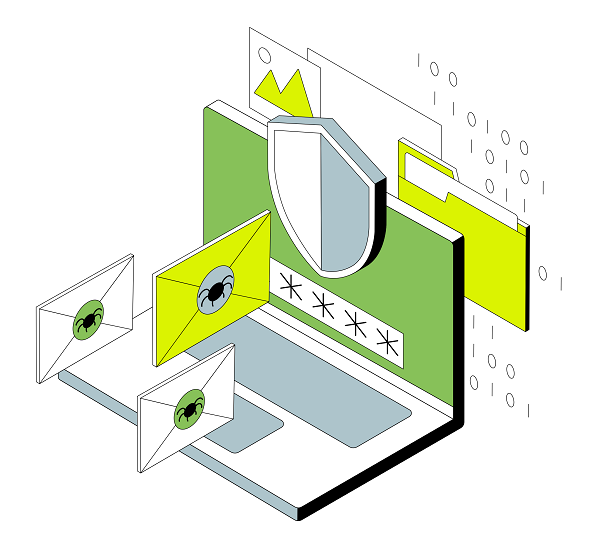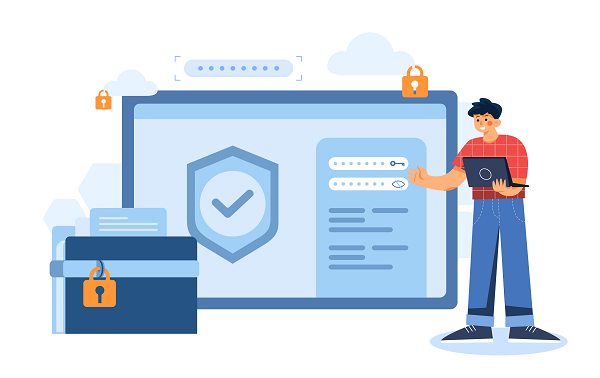Latest from our business, security
and technology blog
Search the blog:
The CrowdStrike outage explained for business owners and managers
On Friday 19th July 2024, a routine software update from CrowdStrike, a leading cyber security company, caused a major issue affecting an estimated 8.5 million Windows computers.
Is the IoT leaving your business exposed?
We increasingly live in a world of connected devices – from smart doorbells, through environmental sensors in industrial buildings, through to footfall tracking devices in public spaces, the world is increasingly full of electronic devices pushing data to the cloud.
The Hidden Danger of Encrypted Traffic
With companies storing an increasing amount of sensitive information, it's crucial that we take proactive measures to protect that data. One method to protect data is to encrypt it, so that it is undecipherable to anyone who does not have the encryption key.
Do you know which data your organisation needs to secure?
A recent survey by Gigamon found that half of respondents didn’t know where their organisation’s most sensitive data is stored – or how it is secured. Could you determine where your most valuable data is and how it is protected?
How long would it take your organisation to detect a data breach?
According to IBM Security’s Cost of a Data Breach Report for 2022, 83 per cent of organisations have experienced more than one data breach. Unfortunately, as with so many cyber-security threats, the likelihood of your organisation suffering a data breach is a question of “when” not “if”.
How to Develop an Incident Reporting Culture
Incident response, incident response planning and the nurturing of a positive incident reporting culture within your organisation are all critical aspects of cyber security. This blog focuses on why you need to develop an incident reporting culture and how to do it.
Learning from Leicester: Cyber-attack causes disruption for council
Earlier this month, Leicester City Council became the latest in a long line of local authorities who have suffered a cyber breach. What can we learn from this latest attack?
Are you ready to protect yourself from Quishing?
There’s a new variant of phishing in town: quishing. And since forewarned is forearmed, especially when it comes to spotting phishing attempts, we’ve dedicated this blog to exploring exactly what it involves.
Are VPNs causing your staff headaches?
Many organisations rely on virtual private networks to connect to their business data. But do they still have a place in today’s world? Or is there a better solution?













